
Lower Brule Research: Science Infused with Community Spirit
Lower Brule Research is doing something unique and creative that deserves our attention. The youth of Lower Brule engage the community to find out what issues are in need of a solution. Then they go to work, finding the answers through science and research.
This work not only bring youth closer to their elders and their community, but it sharpens their curiosity for learning. They learn that they can be effective in making positive change through study and hard work. And they’re giving back, acknowledging where they come from and showing a sense of gratitude.
This is something we felt we had to support, if even in a small way, through our Kars4Kids small grant program. We love to see children using STEM to help their communities and would like to see other communities adopt this approach. We spoke with Lower Brule Research Executive Director Devon Riter to learn more about this important work:
Kars4Kids: Your website speaks of “community-centered science.” What does that mean, exactly?
Devon Riter: I think science is really just an approach for answering questions, and community-centered science involves bringing community members together to collaboratively develop and ultimately answer the questions they find important.
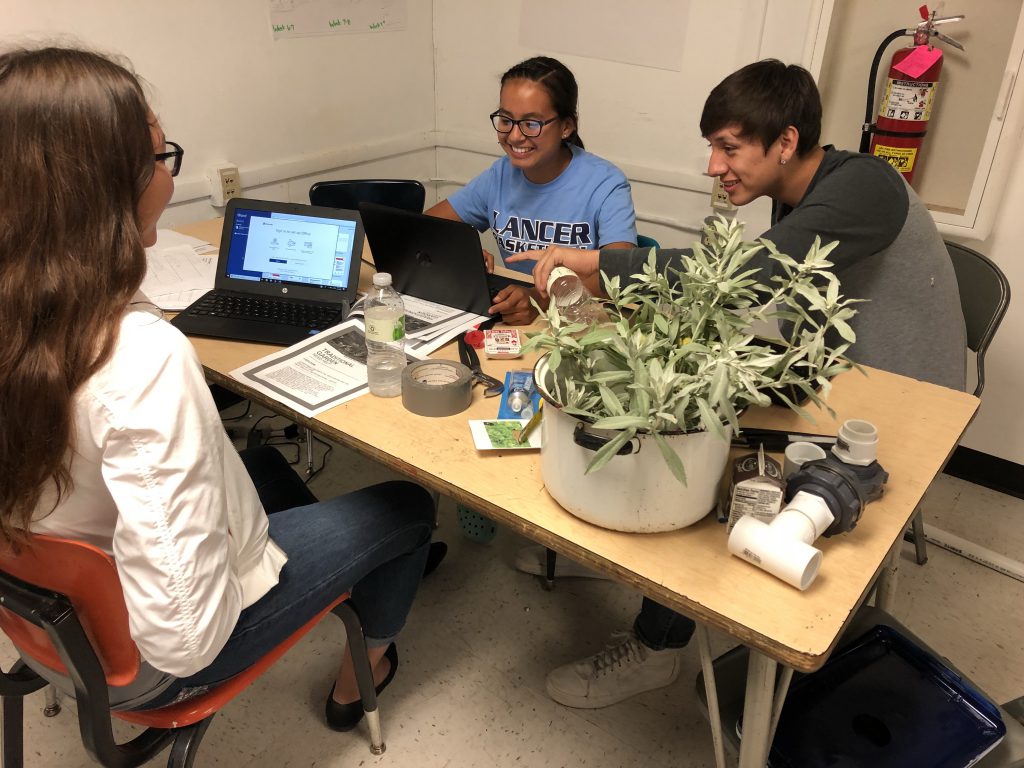
Kars4Kids: What are some of the projects your interns have completed?
Devon Riter: Interns have completed a range of projects from understanding how to grow hydroponic and aquaponic vegetables to creating social media videos highlighting knowledge from local Lakota elders.
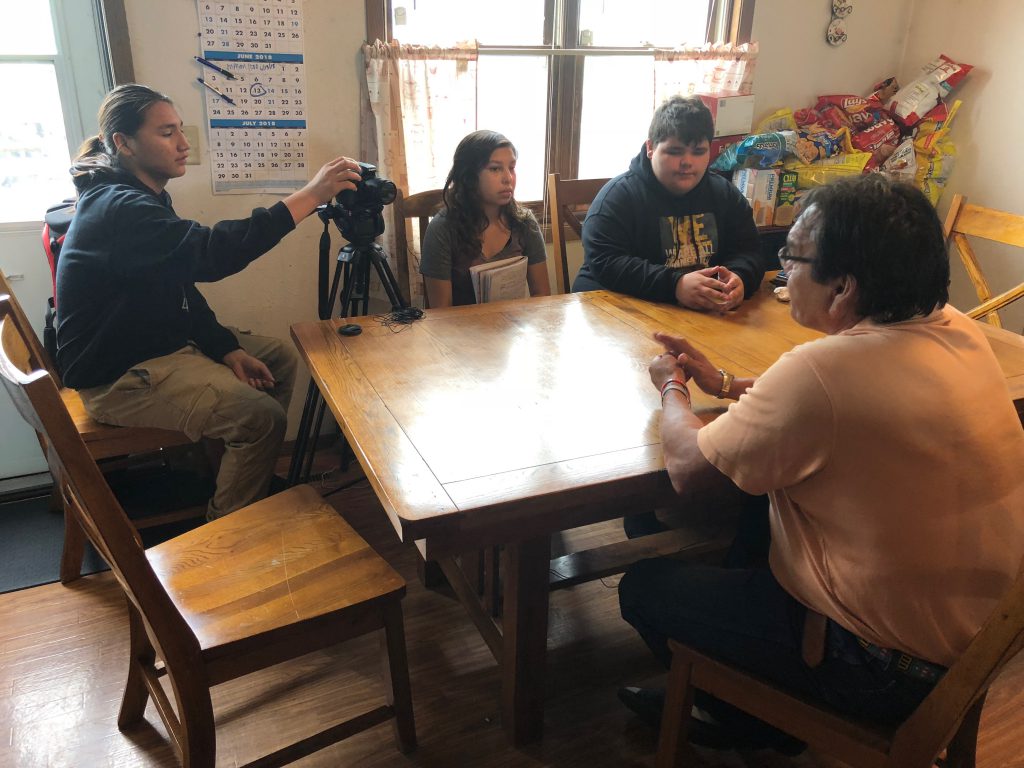
Kars4Kids: Lots of organizations help the community through volunteer work. How do Lower Brule Research science projects help the Lower Brule community?
Devon Riter: The summer internship experience is a research experience aimed at answering a specific question and then sharing that knowledge with the community. Ultimately interns work to add to our community’s understanding of the issues they find important.
Kars4Kids: Your summer interns must spend 8 weeks and a total time investment of 140 hours on science projects. Interns also make a respectable $1,000 for the summer. This must look really great on a resume, and their afternoons and evenings are still pretty much free. Why the need for a monetary incentive?
Devon Riter: We often ask a lot of our young people, and I think providing a stipend is another way to show that the work these interns do over the summer is valuable. It also helps us attract highly qualified applicants, who might otherwise need to take a more typical summer job in order to make money.
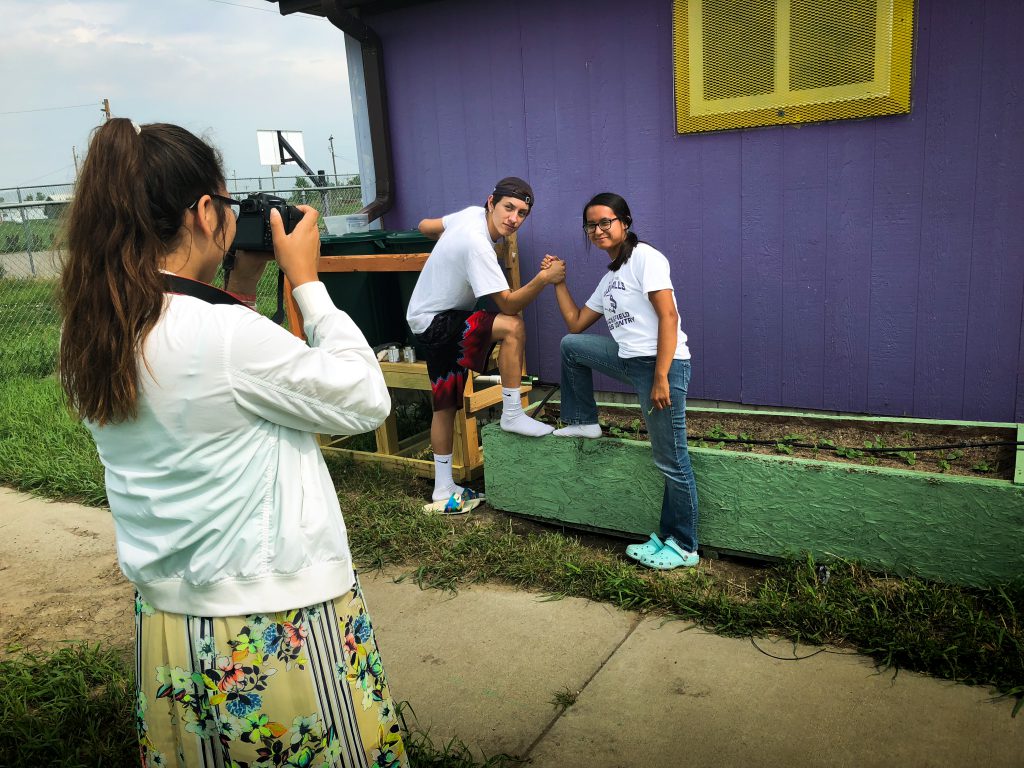
Kars4Kids: What sort of skills do interns learn from this work? Are these marketable skills?
Devon Riter: I think some of the most important skills interns learn revolve around how to work with others. Interns divide into groups of three to complete their summer research projects and this collaborative atmosphere requires teamwork. It’s always interesting to watch these teams develop over the summer and ultimately meet the challenges they face.
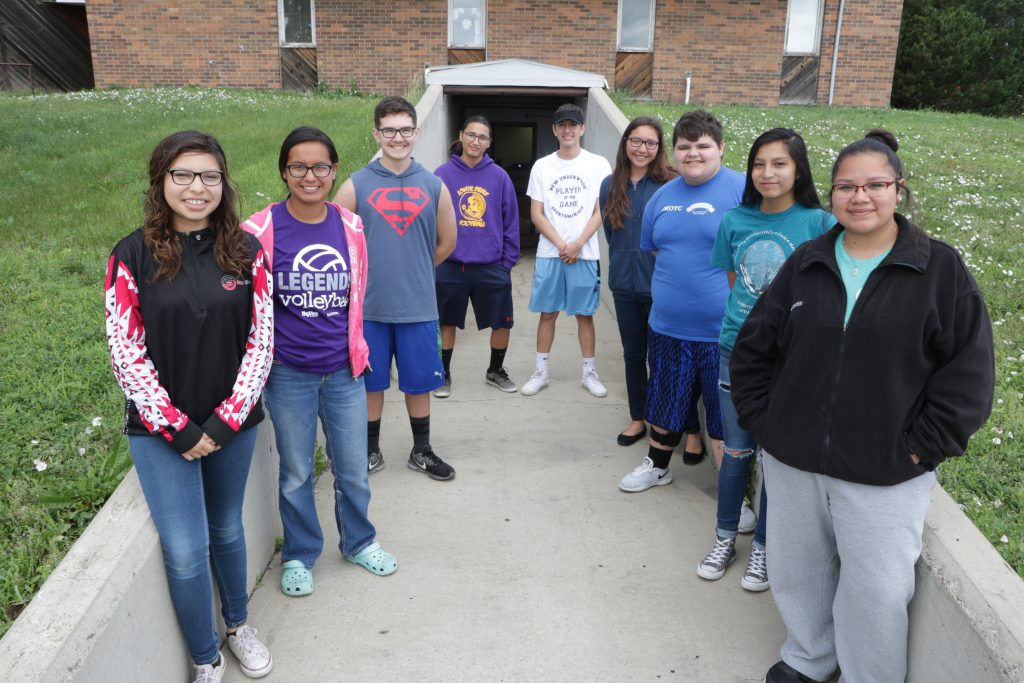
Kars4Kids: Tell us about the population you serve.
Devon Riter: We are based out of Lower Brule Tribal School, which is on the Lower Brule Sioux Reservation in central South Dakota. All of the 13-17-year-old interns we have worked with so far have been tribally affiliated, meaning they are members of the Lower Brule Sioux Tribe or another Native American tribe. We are grateful to have the support of both the Lower Brule School and the Lower Brule Tribal Council.
Kars4Kids: What percentage of your participants go on to college?
Devon Riter: We will be entering our fourth summer of programming in 2019 and the three interns from our first year of programming are all seniors this year. They are currently applying to colleges and all expect to enroll next fall. These students will be our first interns old enough to graduate high school.
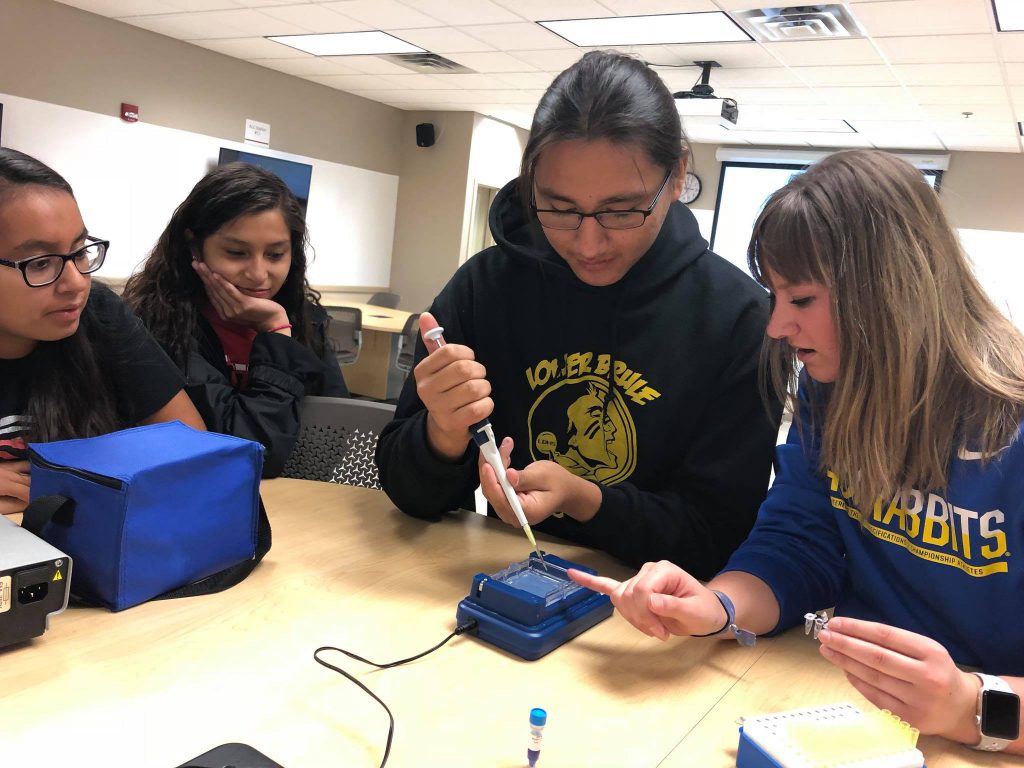
Kars4Kids: Who takes part in your community meetings to determine what type of research will be conducted?
Devon Riter: We open up our community meetings to anyone. It largely tends to be students and parents, but we also have other community members, elders, and anyone who wants to support and shape the process.
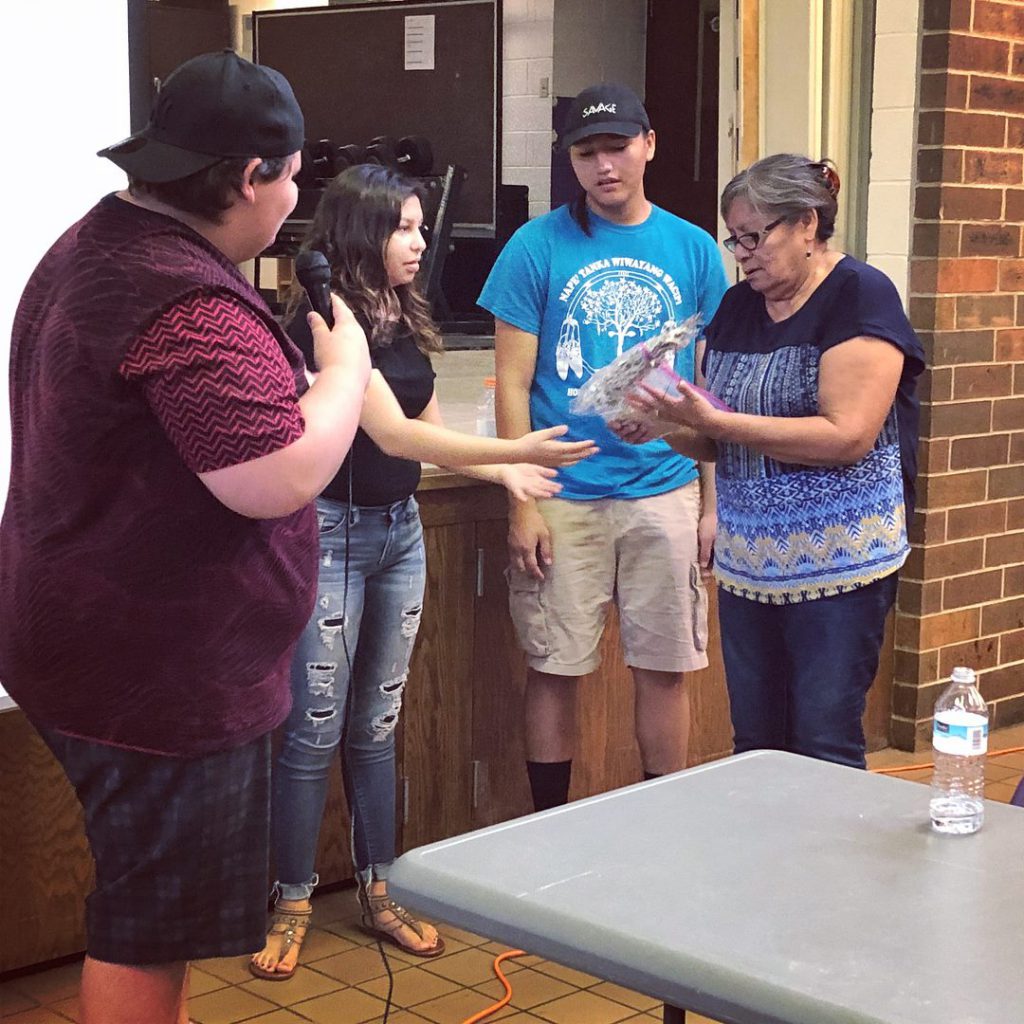
Kars4Kids: What is the role of mentoring in your program?
Devon Riter: There are two goals for our mentoring program. First, success in college is one of the main goals that community members, parents, and students have shared at our community meetings. With that in mind, we wanted to connect our interns with people who were in college, simply to help them better understand what college is like and think about their future at a university. Secondly, we wanted to create a space for college students to engage with and learn from our interns. Currently 11% of K-12 students in South Dakota are Native American but only 2% of students enrolled at our partner school, South Dakota State University, are Native. Part of addressing this disparity will mean working with colleges, as we have done with SDSU, to try to understand what opportunities are available for building connections and understanding in the university student body about this racial disparity and empowering college students to affect change on their campus to address it.
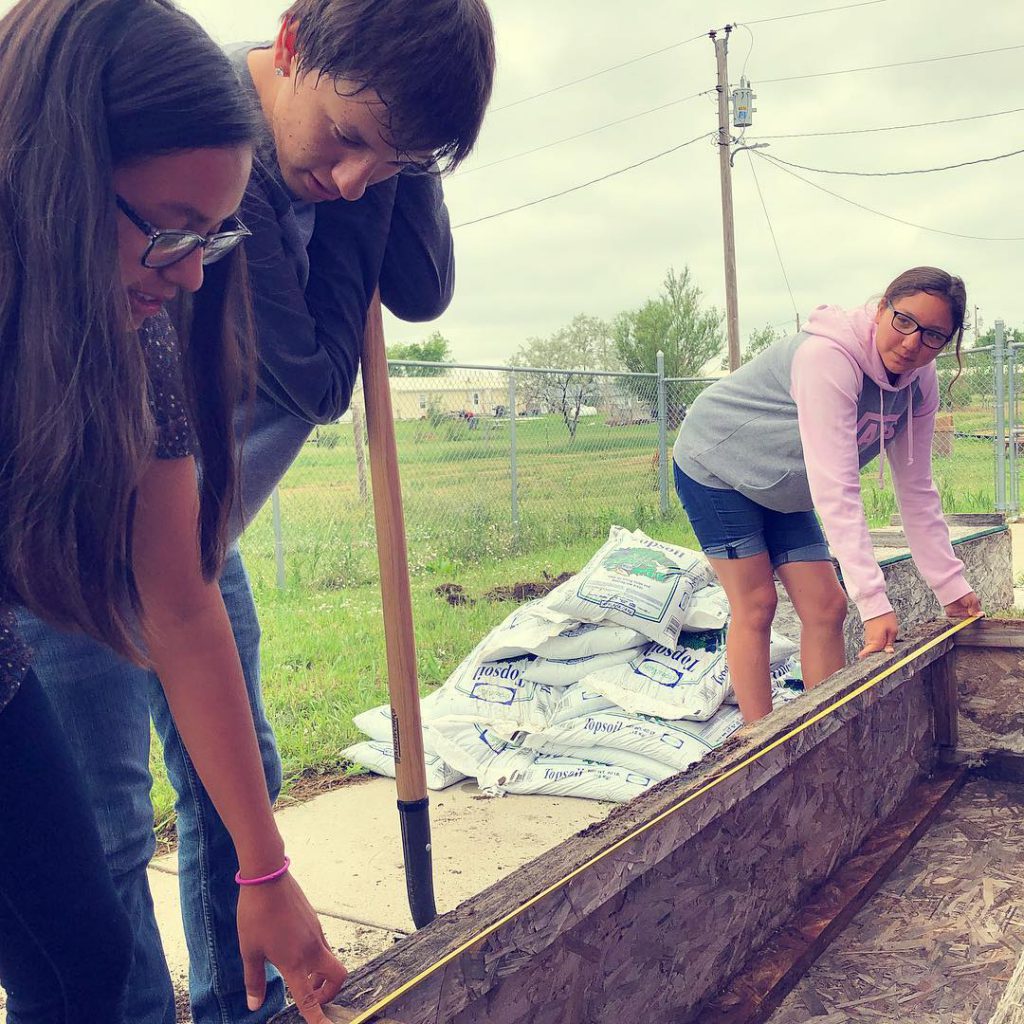
Kars4Kids: What’s next for Lower Brule Research?
Devon Riter: We’re excited for this coming summer, which will see our first “community educators” working with our interns. Community educators will be individuals we hire from the Lower Brule community, who are thinking about pursuing a career in education. We will provide them both with training and hands on experience working as a classroom teacher with our summer interns. We hope this process not only makes our intern research projects even more authentically community centered, but also provides the experience and support community members need to help them pursue a full-time career in education.